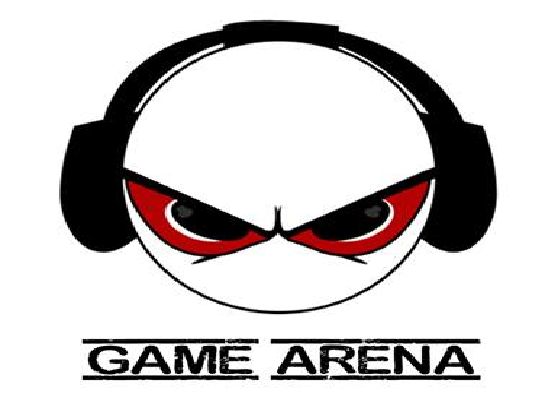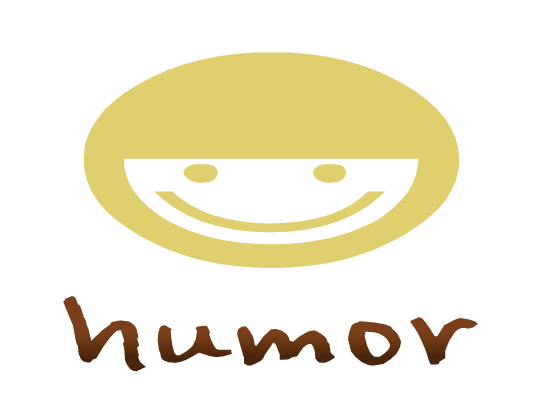Game Arena
"A game is a system in which players engage in an artificial conflict, defined by rules, that results in a quantifiable outcome." (Katie Salen and Eric Zimmerman)
"A game is a form of art in which participants, termed players, make decisions in order to manage resources through game tokens in the pursuit of a goal." (Greg Costikyan) According to this definition, some "games" that do not involve choices, such as Chutes and Ladders, Candy Land, and War are not technically games any more than a slot machine is.
"A game is an activity among two or more independent decision-makers seeking to achieve their objectives in some limiting context." (Clark C. Abt)
"At its most elementary level then we can define game as an exercise of voluntary control systems in which there is an opposition between forces, confined by a procedure and rules in order to produce a disequilibrial outcome." (Elliot Avedon and Brian Sutton-Smith)
"A game is a form of play with goals and structure." (Kevin J. Maroney)
"to play a game is to engage in activity directed toward bringing about a specific state of affairs, using only means permitted by specific rules, where the means permitted by the rules are more limited in scope than they would be in the absence of the rules, and where the sole reason for accepting such limitation is to make possible such activity." (Bernard Suits)
Ludwig Wittgenstein was probably the first academic philosopher to address the definition of the word game. In his Philosophical Investigations, Wittgenstein argued that the elements of games, such as play, rules, and competition, all fail to adequately define what games are. From this, Wittgenstein concluded that people apply the term game to a range of disparate human activities that bear to one another only what one might call family resemblances. As the following game definitions show, this conclusion was not a final one and today many philosphers, like Thomas Hurka, think that Wittgenstein was wrong and that Bernard Suits' definition is a good answer to the problem.








